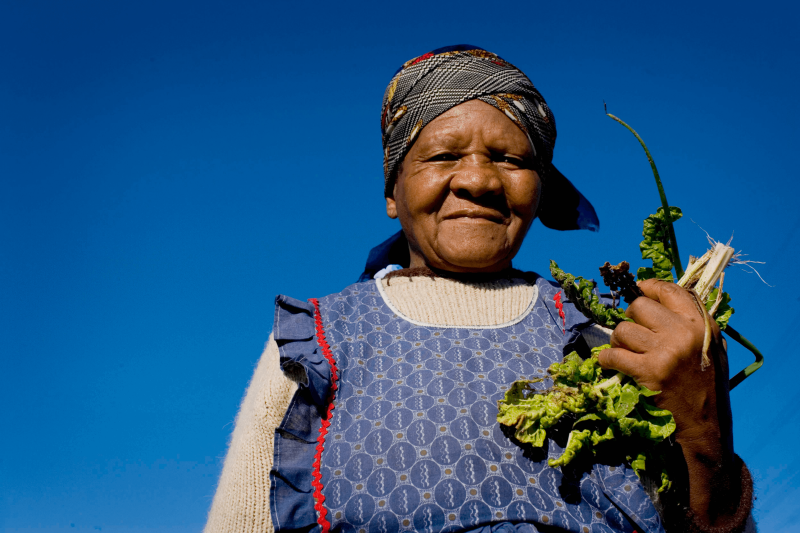Africa has a huge population with by far the least sophisticated food production and processing systems. Any improvements would have the potential for the largest profit margins compared to other parts of the globe. Regardless of which agrifoodtech category investors back, there is a need for basic farm produce: the crop at the base of the supply chain.
The average yields of major African crops are both the lowest in the world and the most variable. And climate change is exacerbating this variability, making African supply chains the least assured.
Modern biotechnological solutions can and will have a major transformative and profitable impact on African agriculture, and it is far more worthwhile to invest in African crop productivity than in developed countries.
…
For example, introducing just two transgenes (one for herbicide resistance and one Bt gene for insect resistance) into South African maize increased yields of white maize by 0.60 Mt ha−1 (9.6 bu/acre) and yellow maize by 0.27 Mt ha−1 (4.3 bu/acre) over a large area, which well covered seed costs (Shew et al., 2021).
…
Major African countries are now following the lead of South Africa in realizing that genetic engineering can deal successfully with many of the constraints to crop production, and are eager to have the required traits engineered into their crops.































